The gaming industry was rocked last year when one of the most brazen cases of corporate espionage in tech history unfolded across three continents. What began as a routine security audit at Singapore-based game engine developer Nebula Dynamics spiraled into an international manhunt for stolen proprietary code worth nearly $200 million in research and development.
The Breach
It started with anomalies in the version control system. Senior engineers at Nebula noticed irregular access patterns to their next-generation physics engine code - the crown jewel of their upcoming platform. "The logs showed someone was accessing our repositories at strange hours, downloading massive chunks of code," recalled CTO Martin Zhao during later court proceedings. "But the credentials belonged to authorized personnel."
Forensic analysis revealed sophisticated malware that had been piggybacking on legitimate employee logins for nearly eight months. The digital thieves weren't brute-forcing their way in - they'd acquired valid credentials through what investigators would later describe as "a layered social engineering attack spanning LinkedIn, phishing campaigns, and even real-world surveillance."
The Trail Goes Cold
By the time Nebula's security team identified the breach, terabytes of code had already been exfiltrated through a series of proxy servers. The digital trail led first to cloud hosting providers in Eastern Europe, then vanished into cryptocurrency payment channels. What made this case unusual wasn't just the scale of theft, but the forensic breadcrumbs left behind - seemingly intentional clues that would later prove critical.
"This wasn't some random hacker," explained Interpol cybercrime specialist Elena Petrov. "Whoever did this wanted us to follow certain paths. We found debug logs accidentally left in stolen code, server artifacts with distinct configurations - almost like they were daring us to chase them."
The Smoking Gun
The breakthrough came from an unexpected source: game developer forums. Three months after the breach, users began noticing uncanny similarities between Nebula's proprietary physics algorithms and those in an obscure Chinese mobile game called "Galactic Rush." The game had been published by a shell company registered in the Cayman Islands, but digital fingerprints in the code matched samples from the Nebula theft.
More intriguingly, forensic accountants discovered that the shell company's financial transactions led back to a former Nebula contractor living in Malaysia. "We had our suspect," said Petrov, "but this was just the middleman. The real challenge was uncovering who commissioned the theft."
The Corporate Connection
As investigators dug deeper, they uncovered a paper trail linking the Malaysian middleman to a senior executive at Dragon Interactive, a Shanghai-based gaming giant. Emails recovered from seized servers showed discussions about acquiring "market-leading physics technology" through "alternative channels." Most damningly, Dragon's upcoming game engine demo contained code segments with Nebula's unique digital watermarking.
The revelation sent shockwaves through the industry. Dragon Interactive was no startup - it was a publicly traded company with a $12 billion market cap. "This wasn't some indie developer borrowing code," noted gaming journalist Rachel Wu. "We're talking about industrial-scale IP theft by a major corporation."
The Legal Reckoning
What followed became one of the most complex multinational legal actions in tech history. Nebula filed simultaneous lawsuits in U.S. federal court (where they had subsidiary offices), Singapore (their headquarters), and China (where Dragon was based). The case tested the limits of intellectual property law across jurisdictions with conflicting standards of evidence and corporate liability.
After eighteen months of legal wrangling, Dragon Interactive settled for $450 million - one of the largest IP theft settlements outside the semiconductor industry. Three individuals, including the Malaysian middleman and two Dragon executives, faced criminal charges. Perhaps most significantly, the court ordered the complete destruction of all stolen code and derivative works, forcing Dragon to scrap their in-development game engine entirely.
The Aftermath
In the wake of the scandal, Nebula implemented what industry analysts now call "the gold standard" in code protection. Their new system combines blockchain-based version control, behavioral biometrics, and a novel "code decomposition" approach that renders stolen fragments useless without the complete ecosystem.
Meanwhile, the gaming industry has seen a surge in similar cases. "This was our wake-up call," said Unity Technologies security lead David Chen. "Game engines have become incredibly valuable - we're talking about software that can make or break billion-dollar franchises. The Nebula case proved these aren't just academic concerns."
As for the human cost, the Malaysian middleman received a five-year prison sentence, while the Dragon executives avoided jail time through a controversial plea deal. The true architect of the theft - believed to be a shadowy "code broker" operating in Eastern Europe - remains at large, their identity known only by the hacker alias "Prometheus" in court documents.
The Nebula case serves as both cautionary tale and precedent. In an industry where a single algorithm can be worth more than some Hollywood blockbusters, the line between competitive intelligence and corporate theft has never been blurrier - or more dangerous to cross.

By /Jul 3, 2025

By /Jul 3, 2025
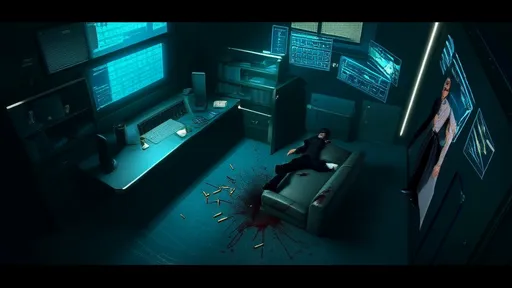
By /Jul 3, 2025

By /Jul 3, 2025

By /Jul 3, 2025

By /Jul 3, 2025

By /Jul 3, 2025

By /Jul 3, 2025
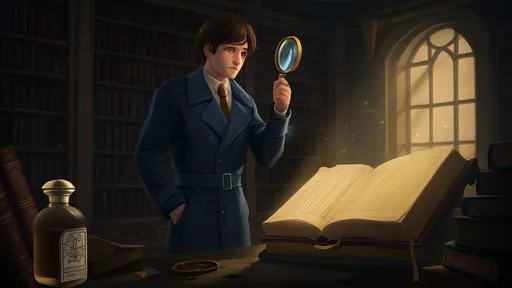
By /Jul 3, 2025
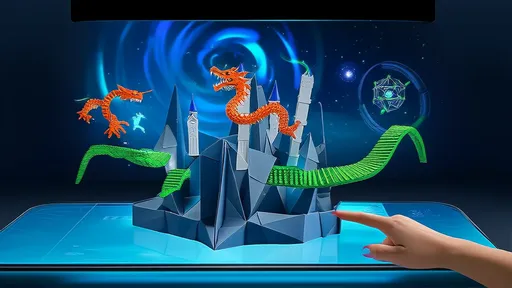
By /Jul 3, 2025

By /Jul 3, 2025

By /Jul 3, 2025

By /Jul 3, 2025
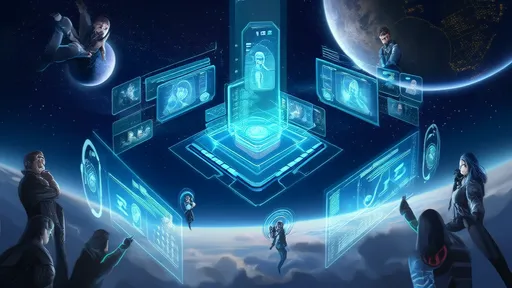
By /Jul 3, 2025

By /Jul 3, 2025

By /Jul 3, 2025
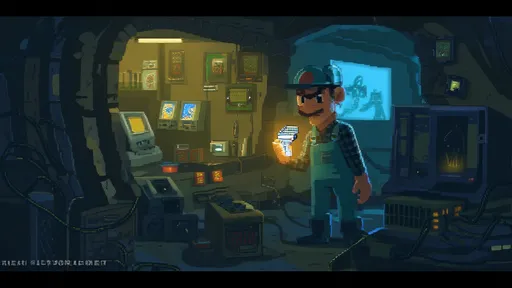
By /Jul 3, 2025
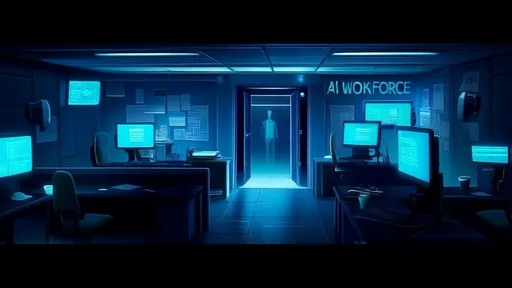
By /Jul 3, 2025